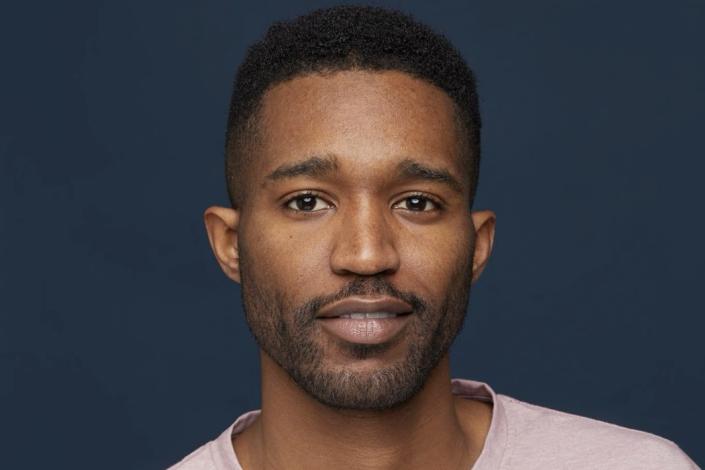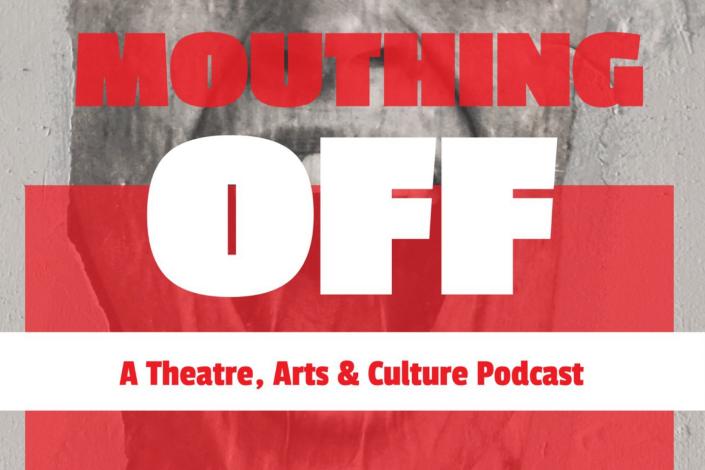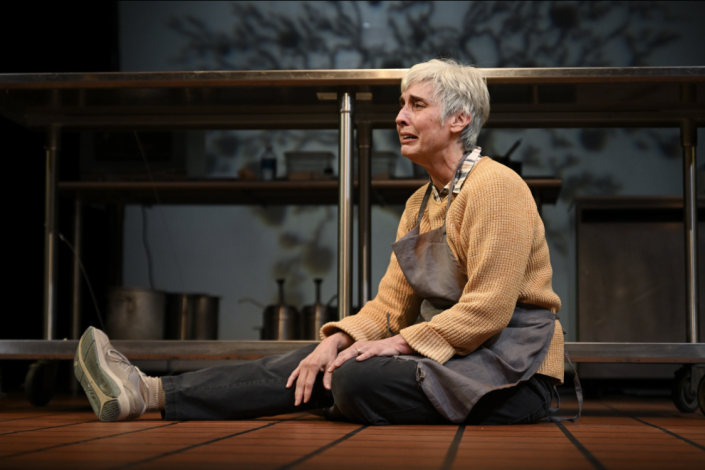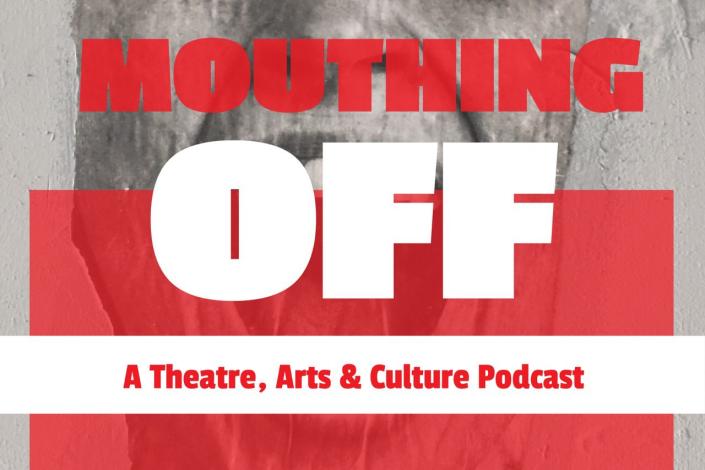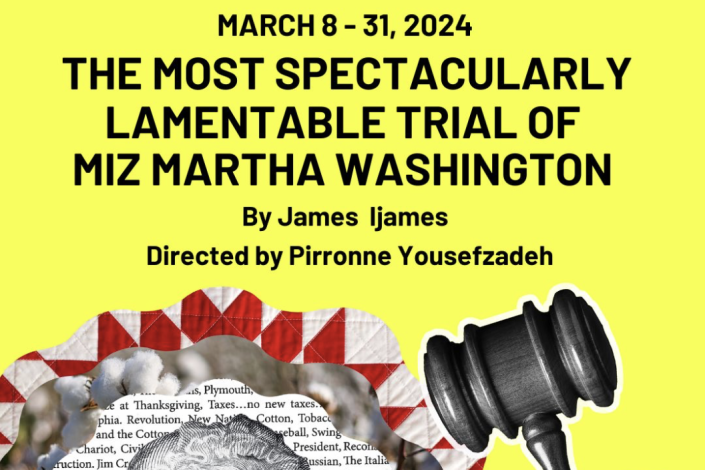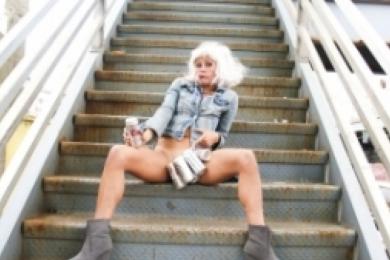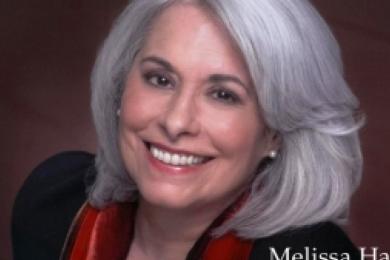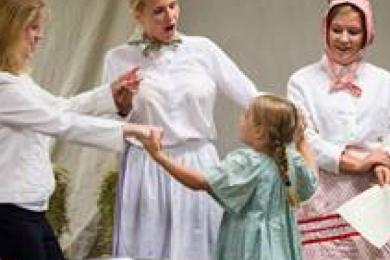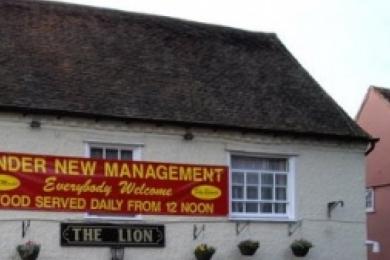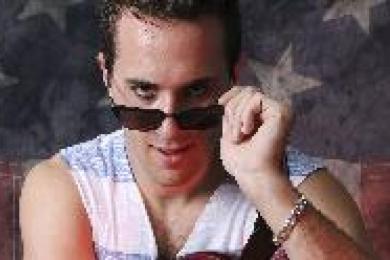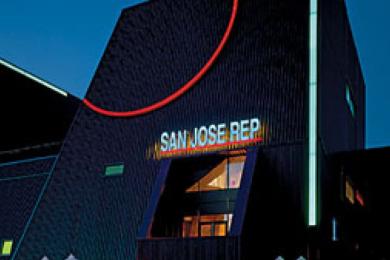My Fair Lady was in previews at the Guthrie last week and before her Wednesday rehearsal I sat down with Melissa Hart to talk about process, role models and humility. Melissa came to the Twin Cities five years ago, by all measures an accomplished theater artist. With an impressive resume that spans forms and a Tony nomination to her credit, Melissa proceeded to start over in this new market, working with the Guthrie, Frank Theater and with independent productions, such as the
Hedda Gabler where she and I first worked together.
In our talk she often mentioned one of her teacher-mentors, a famous icon of the American stage, a woman known as a diva. And with her pedigree one could say Melissa has earned the right to be one herself. But as she explained, while that could have been the road she travelled, she has discovered another way, one that sustains her in life and career much more satisfyingly.
How’s the show going?
It’s going well. It’s been the most positive process. We’ve had question marks, like where is this choreography going? But it’s a great combination of out of town actors and local actors, really accomplished singer-dancer-actors. And there has been absolutely no drama. None. It’s been the most refreshing – everyone’s just in it! We just threw our hats in. And it’s been super.
Do you perceive a difference in the worlds of music theater and straight plays? Sure.
How would you characterize that and how does it effect your approach or process?
In a musical you always start with the music. The music and then the dance, because the music is the spine and the subtext. As a singer, you have to clue in to what’s going on underneath you. What does it say?
My theory is that in opera, the voice is the voice is the voice: the voice never changes. In music theater, the character tells you how to sing it. So if you have this wonderful trained instrument, with this wonderful tonal vocabulary, the character will drive how you sing the thing. And you should be able to do, in this tonal vocabulary, a whole lot of stuff. So you use your singing mechanism, and your speaking mechanism, to tell the story. The same thing holds true for a straight play. There’s no difference there.
I was so fortunate in graduate school, where I was a wife and a mom, and I was a commuting student in Florida at Florida Atlantic University. I had the good fortune of working with Zoe Caldwell for three years. So learning how to read punctuation tonally helped me get away from the fear of Shakespeare. I went back to grad school because I was told at a theater in Boca Raton, Florida that I was a “musical theater actress” and that I had no cache as a straight actress. That helped propel me into grad school.
The first thing I did as a grad student was Amanda Wingfield in
The Glass Menagerie. So I worked, humbly, using that punctuation on her. And the dialect, which, I love doing dialect work anyway. Because of my musical theater background I think the cadences are pretty accessible to me. So that experience opened up plays to me, gave me confidence, said to me, you are an actor who sings. It kind of righted the ship.
Who are some of your favorite actors?
Well, Zoe Caldwell is number one. Having seen her do
Master Class on Broadway was, it was a course in itself. I mean first off, it was a diva playing a diva! And Terrance McNally wrote it for her, but you saw the fire in her eyes, the command. And her ability to portray a woman who – I’ve tried to read a biography of Callas like 3 times and I just couldn’t get through it. I know I’m going between thoughts here, but I think opera is the possibly the hardest field. It is, I think, cutthroat. I’ve seen some stuff at City Opera in New York! Big league stuff.
I’ve seen Ian McKellen. In
Amadeus in New York, and I was not impressed. Well, I was impressed, my God, it was Ian McKellen. But there’s that wonderful speech Salieri has at the end of Act One in which he breaks his covenant with God. And I kept waiting for his soul to crack. And it didn’t. I thought, you’re kind of phoning it in. Which surprised me.
But I did see in London Peter O’Toole onstage. It was a play called
Jeffrey Bernard Is Unwell, which a buddy of his had written, a drinking buddy, right, about a friend of theirs who was a journalist and an inveterate drunk. You could hear a pin drop, people were listening so hard to the voice and the ideas. And he did masterful things with a cigarette, letting it burn all the way down then flicking the whole ash into his hand. It was like, whoa!
So I’ve been fortunate to see a lot of work. I remember seeing
The Little Foxes at Lincoln Center when I lived in New York the first time and in it were Anne Bancroft, E. G. Marshall, George C. Scott, Margaret Leighton, and Austin Pendleton. I never saw a piece of theater where they were keeping the ball in the air all the time. They were playing the game. They were playing. It was masterful.
It’s funny I’m talking about what we would call straight actors here and not musical actors.
I’ve worked with Len Cariou. He didn’t have the voice anymore. And that was a great, great experience out at The Old Globe. We did a new musical based on
The Waltz of the Toreadors.
So I’m always impressed, as a student of the theater, which I still am, to watch people do the work and really sink in and invest.
What’s the best advice you ever got?
One of Zoe’s admonitions that young people hear but they don’t really hear, because they don’t want to hear it, is if there’s anything else you can do in this life, then do it. But if there’s nothing else you can do then you must be an actor. You know I’ve raised two kids, calling from the phone backstage to the babysitter to make sure everything’s ok, and then I go onstage and there’s nothing outside of what’s going on onstage. That’s tough. And it’s tougher for a woman than it is for a male actor. I’m sorry but that’s the way it is.
Zoe also said one day, exactly like this and it’s true, the theater is a jealous mistress, isn’t it Melissa? I thought about it and I said, yes, yes it is. There was a time in my life where I was single focused, nothing else existed. That’s a hard slog. But if you have to do it, and your spirit says that’s your gift, then go for it. We all have many gifts, I’ve discerned as I went on. I had a lot of success early on, a lot of weird stuff. I was a transfer student to Northwestern University and all of a sudden got cast in the Second City and worked there for two years while I was an undergrad. Here I am 19 years old, working with adult men in crazy situations, not knowing how to improvise. Then going right to New York. And that was one “me” who had no roots, no foundations other than my gut instinct. But I was totally driven, totally driven. I had to get every audition I went in for. I was just a killer. At a certain point, you have to want that, you have to prepare, but I’m no longer like that.
Although my husband will tell you, if I want a role, if I really want a role, watch out! I’m glad to say that I am today more the person I was meant to be.
What are some dream roles/plays/projects for you?
As I’m getting older there are less roles available. And then again, there are more. I would love to do Amanda Wingfield again from a more knowing place. I would like to do Madame Armfeldt again, in
A Little Night Music. I’ve done her once at the Shaker Mountain Music Festival, and that was kind of interesting. I had to take this young lady who was playing my granddaughter and take her to coffee and talk to her about how to look at me when she had something to say to me. Honest to God. Because she would arc out to the audience and deliver her line. And I’m sitting onstage with her thinking, I’m over here.
Musicals like
Gigi. Plays, like, I want to do
Juno and the Paycock! I’d like to do
Morning’s at Seven. I’d like to do some gritty stuff where I don’t have to wear any makeup.
What keeps you going as an actor?
I’m a channel, that’s what I am. I’m not the primary creative artist, I don’t write the play. I’m an interpreter. So what keeps me going is interpreting the fabulous things. To bring truth to it. It also stretches me. I always find out something about myself that I didn’t know before. And its’ in this journey, delivering this message from the playwright that I get joy, and I know I’m making a difference. And I know from the Greeks that the catharsis is for the audience, it’s not for me. So the only way I can give them that is to be selfless. That has been a great journey in my life, to become selfless and deliver the text.
What is a role/process/production you’re proud of?
Sweeney Todd. I did it at the summer Equity season that exists at Penn State between the two years that I taught there. We had a New York director, Richard Stafford, who was brilliant. And another Hal Prince person, John Leslie Wolf, played Sweeney. We just did it up. It was great.
And here, I’d say
Cat on a Hot Tin Roof. Working with Lisa Peterson, she kind of let David Brinkley [who played Big Daddy] and I free. It was incredible, and because I have southern roots, it was no stretch. My grandmother was from Mississippi, so I know those southern women. David and I played onstage, we
played, even when he lit into me and tried to kill my spirit.
Can you think of a role/process/production that challenged you, that you didn’t get where you wanted to with it?
Yeah, probably. I can’t think off the top of my head. I think it’s always hard in a character that isn’t fully fleshed out to find the button, find the gist of it. It’s funny, because in this piece,
Fair Lady, as Mrs. Higgins, I’ve had to… Well, I’ll tell you the truth. I work around in a rehearsal process and I don’t get it right away! I didn’t get Big Mama right away. I just don’t. I’ve thought about it a lot, and I’ve thought, well, you’re just slow! And then somehow, some time, somewhere… I have to shed “me”. I’ve read what Zoe did in the old days, in the dressing room she would strip down naked. To let go of herself. And then she would build the character. And I do think I’m one of those actresses who has to go bit by bit and let go of myself.
It’s funny, I’ve noticed that I don’t know who I am until I get on stage. So I guess, in a way, my answer to your question is, every single role I do!
